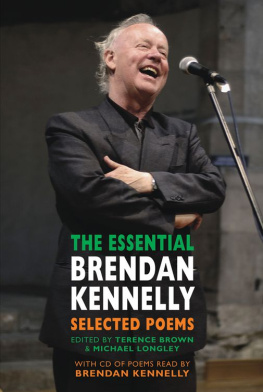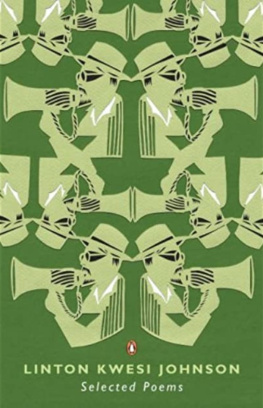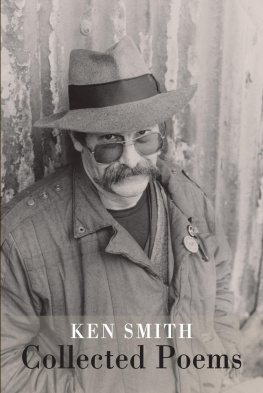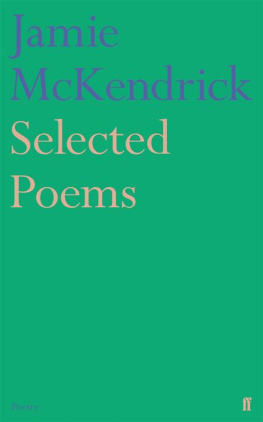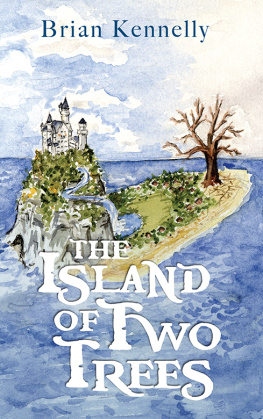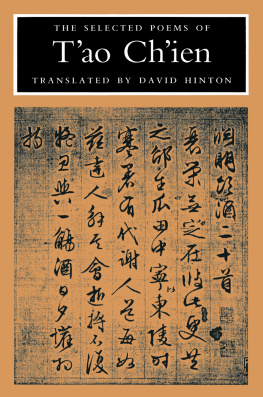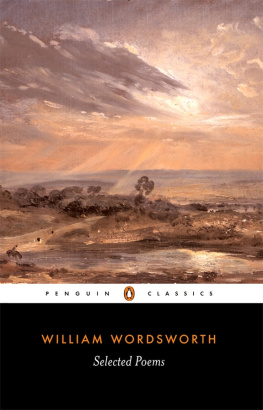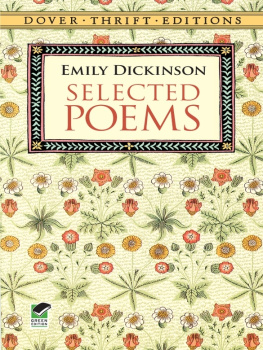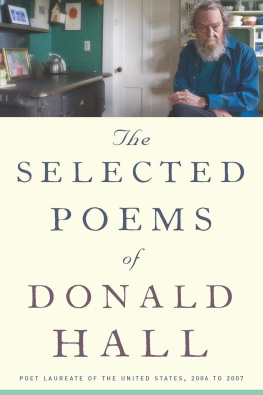THE ESSENTIAL BRENDAN KENNELLY Brendan Kennelly is one of Irelands most popular and prolific poets. Over the past five decades he has written thousands of poems published in over 30 books of poetry, including three previous editions of Selected Poems. Published on his 75th birthday, this new selection presents just over a hundred of Kennellys most essential poems.
has been edited by two lifelong admirers of his work. Like Kennelly, Terence Brown studied at Trinity College, Dublin, where he taught until 2009; he is now Fellow Emeritus of the college. Michael Longley, who also studied at Trinity College, went on to become one of Irelands leading poets and was Ireland Professor of Poetry in 2007-10.
Terence Brown & Michael Longley write (from their foreword): Brendan Kennelly is a poet of rare gifts, who at all stages of his career has written distinctive, memorable and powerful poems. We hope that this selection will allow readers to appreciate anew, or for the first time, a body of work that ranges from tender lyricism to the bleakest despair at the human condition, from bawdily comic narrative to the pleasingly epigrammatic squib, from mythic consciousness to social satire Yet each literary mode the lyrical and its obverse, a reductively satiric assault on the poetic shares what has seemed the basis of all of Kennellys poetry: a quest for authenticity of emotion undertaken with high moral intent. In each, as Beckett said of the painter Jack Yeats, the poet stakes his being. Cover photograph by Matthew Gidney:
Brendan Kennelly reading at Cuisle Poetry Festival, Limerick, 2006
The renowned Irish poet Brendan Kennelly was born on 17 April 1936. To mark and celebrate his 75th birthday the editors of this volume have made a new selection from his poetic oeuvre which, they believe, represents the essential Kennelly. The poets birthplace was the small north Kerry village of Ballylongford, where he spent the childhood that would resurface memorably in many of his poems.
It is recalled in his work as the primal place of familial relationships, of a local community with its legends and lore, its gossip, stories, songs and ballads, and as a setting close to the natural world with its splendours and casual brutalities, yet open to history and the great world beyond. Kennelly took his first steps into that wider world at the local national school and then at St Itas School in the larger Kerry town of Tarbet. There he received the education that allowed him to matriculate at Trinity College, Dublin, where he read English and French. Upon graduation in 1961 with a first class honours degree he embarked on a doctoral thesis on the role of mythology in 19th-century Anglo-Irish verse. While working on this he spent a year in the northern English city of Leeds before returning to the Dublin where he would thereafter make his home (with sojourns in the United States and visits as poet and lecturer to many countries). He was appointed Junior Lecturer in English at Trinity in 1963, was awarded his doctoral degree in 1966 and was honoured by the university in 1973 when he was appointed to a personal chair in Modern Literature.
This he occupied with distinction until his retirement in 2005. In his poetry the Dublin in which he has spent the greater part of his adult life can seem the urban equivalent of the childhood village, an intimately known place that opens a window on the universe and on the myriad doings of his fellow men and women. Kennellys poetry is instinctively sociable, hospitable as it is to the lives, voices, deeds and defining deaths of a host of characters. Brendan Kennelly began publishing poetry as an undergraduate at Trinity where he took his turn as editor of Icarus, the literary magazine where fellow poets Derek Mahon, Michael Longley and Eavan Boland also published early work. His first full collection Let Fall No Burning Leaf appeared in 1963; while his most recent, Reservoir Voices, came out in 2009. In a poetic career lasting more than five decades Kennelly has published countless poems in newspapers, literary magazines, periodicals; he has issued small pamphlets, slim volumes, substantial collections, selected poems and the epic-sized volumes, Cromwell, The Book of Judas and Poetry My Arse, which have made amplitude sometimes seem like unwieldy bulk in a body of work that will surely pose a challenge to the bibliographer.
And all this has been accompanied by his forays into drama (where his versions of classical authors have won him deserved plaudits), by his two early novels, by his work as an anthologist and editor, by critical essays and reviews, and by lively journalism and social commentary. In addition, a public persona was generated in the media that tended to obscure how the poets life has, in fact, been intently dedicated to the practice of an art rooted in solitude and privacy: an art that he shared most fully with his public in the many readings from his work he has so generously given throughout Ireland and abroad. For some, such abundance and availability seemed the point where the prolific risked becoming the profligate , as talent can disperse itself in mere productivity and performance. The critical response to the Kennelly oeuvre has been varied, it must be admitted, as if no academic consensus can be reached on a body of work so lucidly intense, so fluently extensive and capacious (and its in academe that poetic reputations are currently established, however one might regret that fact). This selection, by contrast, is made by its editors in the shared conviction that Brendan Kennelly is a poet of rare gifts, who at all stages of his career has written distinctive, memorable and powerful poems. We hope that this selection will allow readers to appreciate anew, or for the first time, a body of work that ranges from tender lyricism to the bleakest despair at the human condition, from bawdily comic narrative to the pleasingly epigrammatic squib, from mythic consciousness to social satire.
We have arranged the work chronologically, taking the individual poems in the order in which they were first collected in volume form (this contrasts with the poets own predilection for publishing work thematically in selected editions, with creative disregard for such chronology). This arrangement will allow readers to gain a sense of the shape and substance of Kennellys poetic career, while it highlights poems that are essential in his achievement. A note of awe-struck lyricism before the wonder of being was sounded early in Kennellys career, and has endured throughout his life as a poet. In that mood the world is vested with animistic presence so that time seems a medium which holds the reader in rapt equilibrium with the palpable given-ness of things in their absolute otherness. Bread, read together with such poems as Let It Go and A Kind of Trust, epitomises those moments in Kennellys work when consciousness enters a riskily open-ended present tense. And poems of recall such as The Smell and The Horses Head so vividly resurrect childhood experiences that they enter a kind of perpetual now.
Indeed, dynamic, even disorientating interactions between past and present have been an abiding preoccupation of this poet for whom time seems to constitute a force-field of imaginative relationships, a zone which the living and the dead inhabit as images of themselves (this in part accounts for the atemporal way in which Kennelly has arranged his selected editions). Such a plastic sense of time makes of Kennellys oeuvre a poetic theatre of dreams, and of nightmares, with history, as well as immediate personal experience and recollection, supplying the dramatis personae. It was Cromwell (published in 1983) that brought this aspect of his work to full realisation. The horrors and atrocities confronted in that volume exposed how the lyrical strain sounded in the early work had not not been free of discordancies. Outright terror, for example, could disturb the lyrical tenderness of an early love poem such as Dream of a Black Fox, but notes of disgust, fierce satire and sardonic bitterness made

